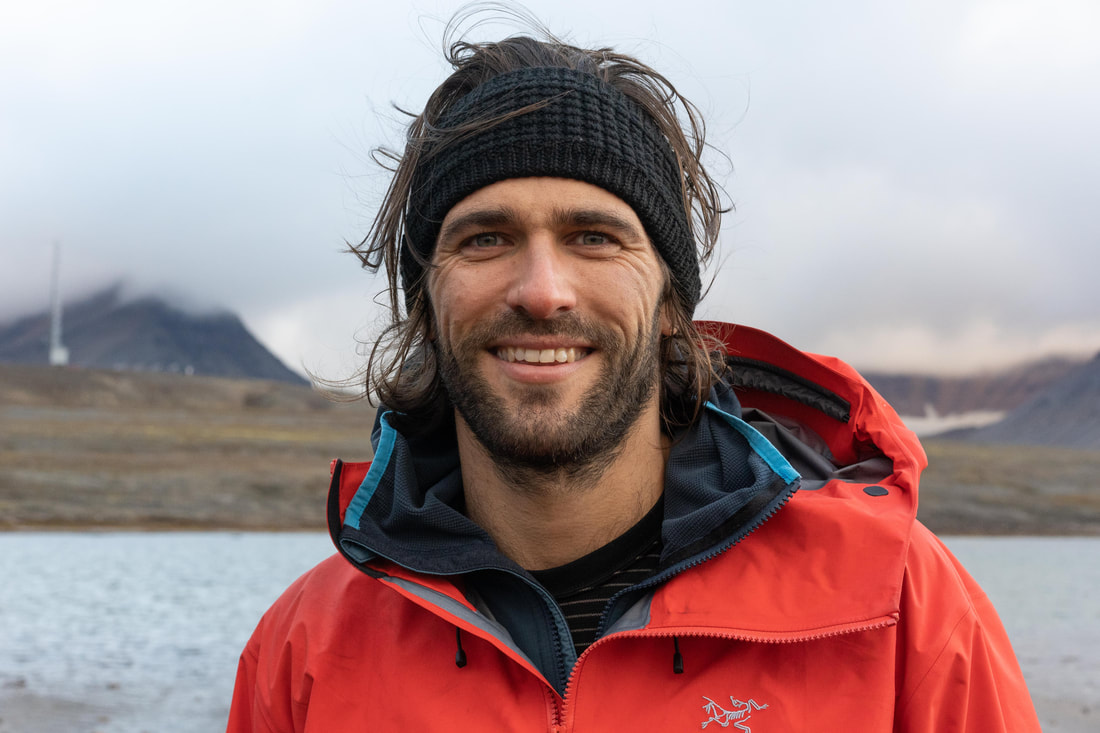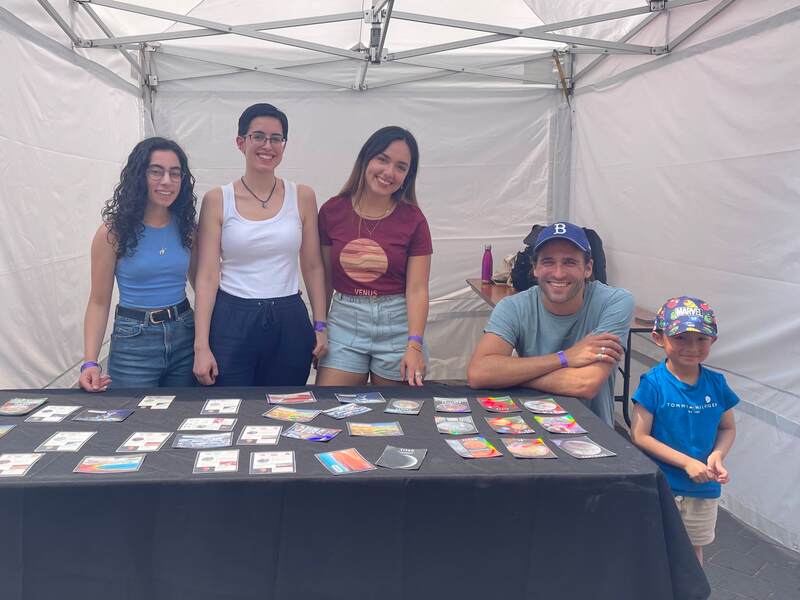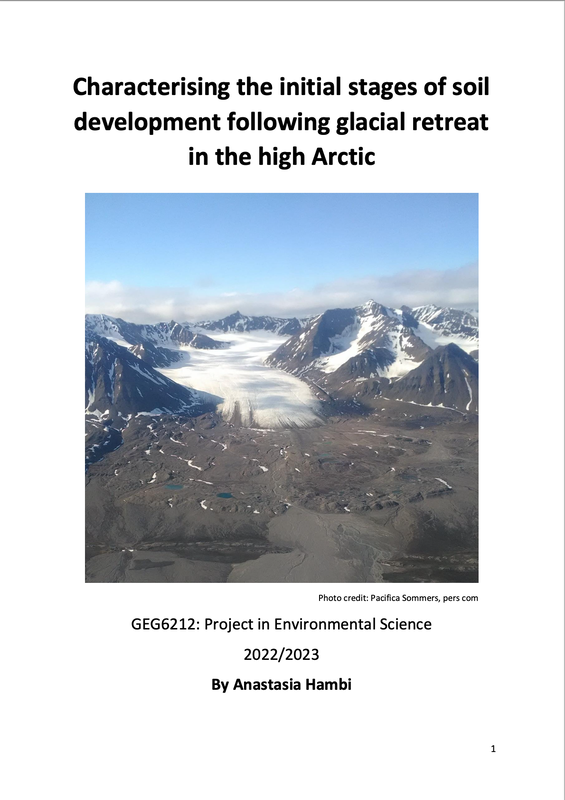|
We're hiring! The lab is looking to recruit a 2-year postdoc in modelling the habitability of the atmosphere (first applied to Earth’s atmosphere and then to exoplanets). The position would suit someone with an interest in habitability/astrobiology, theoretical approaches to environmental microbiology, and who has strong numerical skills (ecosystem, habitability, bioenergetics modelling). The post is based at the Mediterranean Institute of Oceanography, in Marseille, France, with the possibility for remote/flexible working arrangements. More details and apply via the link below:
https://academicpositions.com/ad/aix-marseille-universite/2024/two-year-postdoc-in-atmosphere-microbial-habitability-modelling/212787
0 Comments
Today marks Polar Pride - a declaration of commitment to support and enhance diversity in Polar science. A principal mission of Polar Pride, and our lab, is to celebrate, support, unite and uplift LGBTQIA+ people in Polar science and STEM. Happy Polar Pride!
Adam Solon joins the lab as a postdoc in soil microbial ecology. He will be investigating seasonal processes shaping the development of Arctic soils. Welcome Adam!
James is in Svalbard with collaborators Ian Stevens (Aarhus University), Eva Doting (U Penn) and Arwyn Edwards (Aberystwyth University) sampling ice and snow from various glaciers in Kongsfjord to measure cell viability and activity at the beginning of the polar night - as part of INTERACT-funded WAVES2 and NERC-funded Cryo365 projects.
Laura is currently in Australia visiting Monash University in Melbourne, to work with collaborators Chris Greening and Rachael Lappan, where she is carrying out a series of experiments to measure trace gas consumption in cryoconite sediment.
The Bradley lab are in Cambridge for the UK Arctic Science Conference, with a busy series of presentations including a talk from Amy and posters from Zhou, Sonia, Margaret, Laura and James.
James has been awarded an ERC Starting Grant for his project SIESTA - which will explore microbial dormancy as an ecological and biogeochemical regulator on Earth. The project will start in 2024. Several PhD and postdoc positions in experimental geomicrobiology and biogeochemical modelling will be advertised soon.
James co-authors a new paper in Nature, which looks at the role of iron and manganese in the preservation of organic carbon in marine sediments.
Led by Oliver Moore at Leeds University, we find that the polymerisation of organic carbon in association with Fe & Mn could protect organic carbon over million-year timescales. Read the open-access paper here: Moore O, Curti L, Woulds C, Bradley J, Mills B, Homoky W, Xiao K, Babakhani P, Bray A , Fisher Ben, Kazemian M, Kaulich B, Dale A, Peacock C. Long-term organic carbon preservation enhanced by iron and manganese. Nature. https://doi.org/10.1038/s41586-023-06325-9 Congratulations to Bradley lab undergrad Anastasia Hambi who graduated with a 1st class BSc in Environmental Science from QMUL, and won TWO prizes (best dissertation, excellence in climate and environmental change) for her outstanding research project on Svalbard soils! L-R: Anastasia, Sonia, Laura, James (and one of the participants of our outreach activity) at the Great Exhibition Road Festival in London.
|
Archives
March 2024
Categories |



 RSS Feed
RSS Feed
